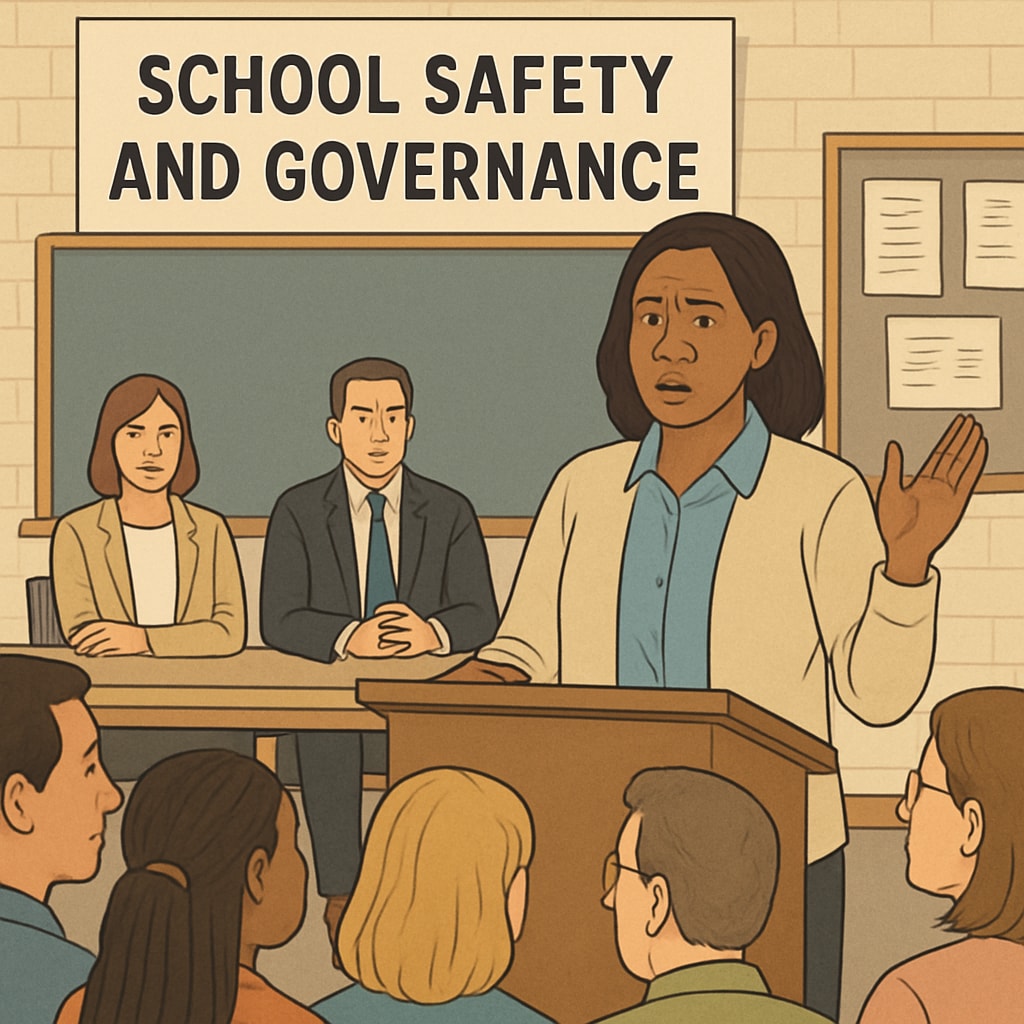The discovery of a school board member’s history of child abuse can deeply alarm and unsettle a community. Such revelations not only raise questions about the individual’s fitness to serve but also threaten the integrity and safety of the educational environment. Parents, educators, and local residents often grapple with how to address these concerns effectively. In this article, we will explore the risks associated with such situations, analyze their impact on education systems, and outline actionable steps that communities can take to safeguard their schools and uphold ethical standards.
Understanding the Risks: Why a Troubled Past Matters
A school board member plays a pivotal role in shaping policies, budgets, and overall direction for educational institutions. When someone in this position has a history of child abuse, the implications can be severe:
- Compromised Trust: Parents and staff may lose confidence in the board’s ability to prioritize student welfare.
- Potential Influence: Decisions made by individuals with questionable histories may inadvertently jeopardize child safety policies.
- Reputation Damage: Public awareness of such issues can tarnish the school’s image and diminish community support.
These risks underline the need for vigilance and proactive measures to address the issue before it escalates further.

Community Actions to Address Abuse Concerns
When facing such a situation, community members must act with both urgency and strategy. Below are actionable steps to address concerns effectively:
- Organize Public Forums: Hold meetings to gather feedback, raise awareness, and discuss the issue openly.
- Demand Transparency: Request a thorough investigation into the allegations and demand disclosure of background checks.
- Petition for Removal: If necessary, initiate petitions or legal proceedings to remove the board member from their position.
- Advocate for Policy Changes: Push for stricter vetting processes for future board members to prevent similar occurrences.
- Engage Media and Advocacy Groups: Collaborate with trusted organizations to amplify concerns and mobilize support.
Each of these actions can empower the community to protect the integrity of their schools while prioritizing student safety.

Maintaining Ethical Standards in Education Governance
Beyond addressing individual cases, communities should focus on building a system that prevents such situations from arising in the first place. Consider the following measures:
- Regular Background Checks: Ensure that all existing and prospective board members undergo rigorous vetting processes.
- Ethics Training: Implement mandatory training sessions for board members to uphold professional and ethical standards.
- Community Involvement: Encourage parents and local residents to participate in school governance to enhance accountability.
By establishing these safeguards, communities can foster a culture of transparency and ethical leadership within their education systems.
Conclusion: A Collective Responsibility
The presence of a school board member with a history of child abuse is not a matter to be taken lightly. It requires a collaborative effort from parents, educators, and community leaders to address the issue effectively. By raising awareness, taking decisive action, and advocating for systemic change, communities can ensure that their schools remain safe and nurturing environments for future generations. The responsibility of protecting children is shared by all, and proactive measures today will pave the way for a healthier tomorrow.
Readability guidance: This article uses short paragraphs, lists, and clear transitions to summarize key points. Active voice is prioritized, and overuse of long sentences has been avoided for better readability.


